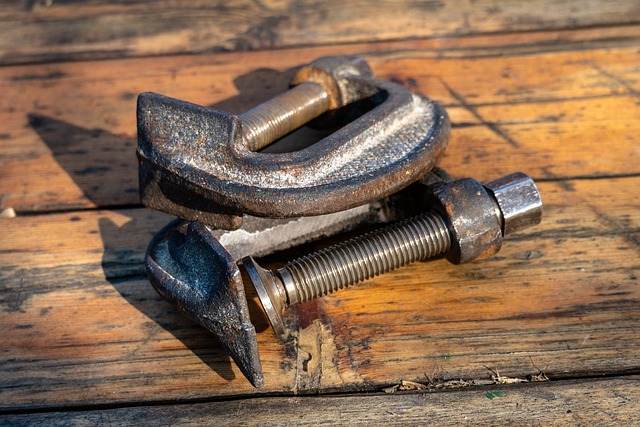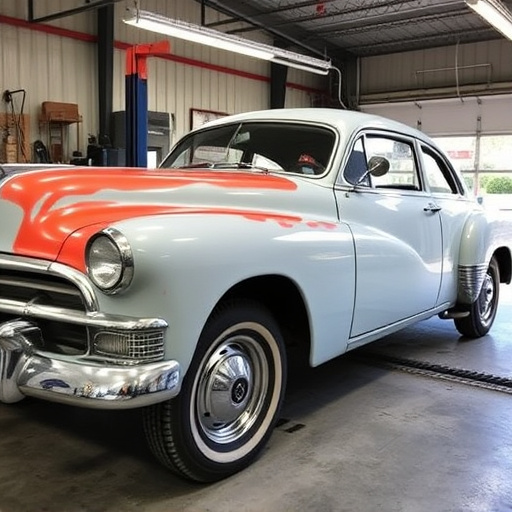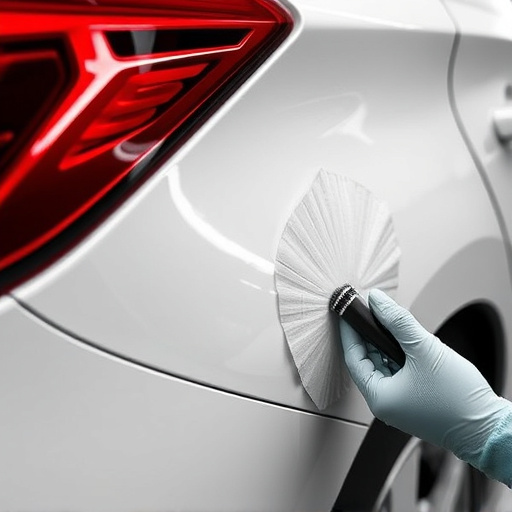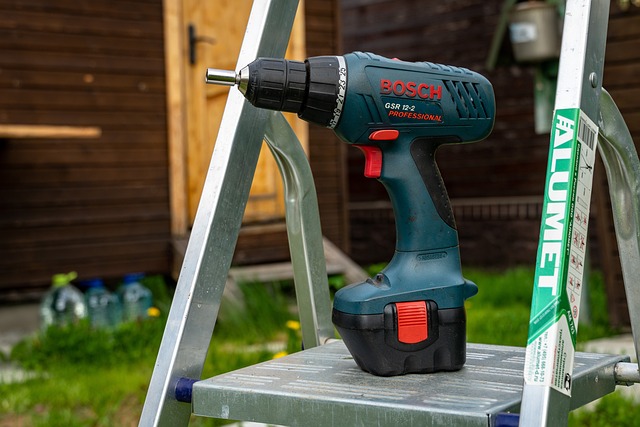Repair Specification Compliance (RSC) is crucial for preserving vehicle value and quality after repairs, ensuring every step from parts replacement to collision repair aligns with manufacturer guidelines. Adherence to these standards guarantees optimal aesthetic appeal, engine performance, and reliability, positively impacting resale value by reducing buyer uncertainty and attracting more interested purchasers.
Repair Specification Compliance is a key factor in maximizing resale vehicle value. When vehicles are repaired and restored according to strict specifications, they retain their original quality and appeal, attracting buyers seeking reliable used cars. This article explores the nuances of repair specification compliance, its significant impact on the resale market, and provides strategies for dealers and mechanics to enhance the overall attractiveness of used vehicles. By understanding these principles, professionals can ensure vehicles meet high standards, resulting in better sales and increased customer satisfaction.
- Understanding Repair Specification Compliance
- The Impact on Resale Vehicle Value
- Strategies to Enhance Used Car Market Appeal
Understanding Repair Specification Compliance

Repair Specification Compliance (RSC) refers to adhering strictly to manufacturer guidelines during vehicle repairs and maintenance. It involves following precise procedures for parts replacement, auto painting, and collision repair, ensuring each step aligns with the original equipment specifications. This compliance is vital as it maintains the integrity of the vehicle’s design and performance, which has a direct impact on its resale value.
Proper RSC guarantees that vehicles return to their pre-incident condition or even exceed it. It involves meticulous auto maintenance practices, from using genuine parts to following recommended service intervals. This attention to detail not only preserves the aesthetic appeal but also ensures optimal engine performance and reliability, factors that potential buyers consider when evaluating a used vehicle’s worth.
The Impact on Resale Vehicle Value

When a vehicle undergoes repairs after an incident like a fender bender or requires auto glass replacement due to damage, adhering to specific repair standards and specifications is paramount. Repair specification compliance ensures that the vehicle is restored to its pre-accident condition, maintaining its original value and quality. Every aspect of the repair process, from vehicle body repair to interior trim restoration, should be executed according to these guidelines.
Non-compliance can lead to visible discrepancies in the final product, impacting the overall resale value. A car that has been poorly repaired, with noticeable differences in paint finish or misaligned panels, may not attract buyers who expect a vehicle of consistent quality. Therefore, ensuring repair specification compliance is crucial for selling a refurbished vehicle at a premium price, as it guarantees potential owners that the car has undergone meticulous and professional restoration work.
Strategies to Enhance Used Car Market Appeal

To enhance the appeal of used cars in the market, buyers should prioritize repair specification compliance. This involves adhering to manufacturer-recommended maintenance schedules and procedures, ensuring every auto repair is documented and up-to-standard. By maintaining a comprehensive record of all repairs, including minor ones like car dent repair and more complex tasks such as auto body repair, potential owners can gauge the vehicle’s history and current condition accurately.
A well-maintained car with a transparent service history commands a higher resale value. It also reduces the uncertainty for buyers, who can trust that the vehicle has received proper care. This strategy not only attracts more interested purchasers but also facilitates quicker sales, potentially leading to better overall returns for sellers.
Repair specification compliance is a key factor in maximizing resale vehicle value. By adhering to detailed repair standards, car dealers can ensure that used cars meet high quality and safety expectations, thereby attracting more buyers and commanding higher prices. Implementing strategies to enhance the compliance process, such as efficient inventory management and staff training, can significantly boost the appeal of vehicles in the used car market, ultimately benefiting both sellers and consumers alike.














